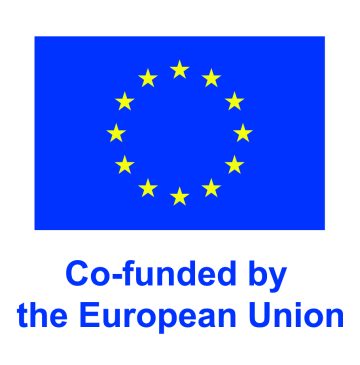Tune into the fourth webinar! 28.10. 14:00-15:00
Join us for the fourth UTU-GreDiT webinar on 28 October 2025 at 14:00-15:00 (local time in Finland): https://utu.zoom.us/j/67811141603.

The UTU-GreDiT webinars are organised for the UTU-GreDiT doctoral researchers of University of Turku to share with each other, and with everyone their in-progress research or finalized outputs in a friendly and supportive atmosphere.
We continue our webinar series with Niklas Kjell Ratajczak and Sadegh Kaboli:
Presentation: Does an invasive marine omnivore disrupt ecosystem functions in the Archipelago Sea, Finland? An exploration of shifting energy and matter transport
Due to increased marine traffic and rising sea surface temperatures, marine bioinvasions are increasing around the globe. The invasive Harris mud-crab, Rhithropanopeus harrisii, native to the North Americas has first been observed in Finland in 2009. Since then, it has become established and it is spreading through the Archipelago Sea to this day. As it is the only marine crab in Finland, it presents a novel predator to native herbivores and has the potential to heavily affect the native ecosystems. This presentation explores how the invasion of R. harrisii affects energy and matter transport in shallow littoral habitats of the Archipelago Sea, specifically in the form of shifts in primary and secondary production.
Presentation: Alterations in the Thermal Spring Season and Their Potential Drivers in Boreal Environments
The spring season is undergoing significant changes in boreal and subarctic environments. In this talk, we will explore these alterations across both temporal and spatial scales using more than six decades of data records. Furthermore, we will explain how large-scale atmospheric patterns influence the interannual variability of the thermal spring season in Finland.

Funded by the European Union. Views and opinions expressed are however those of the author(s) only and do not necessarily reflect those of the European Union or European Research Executive Agency (REA). Neither the European Union nor REA can be held responsible for them.
